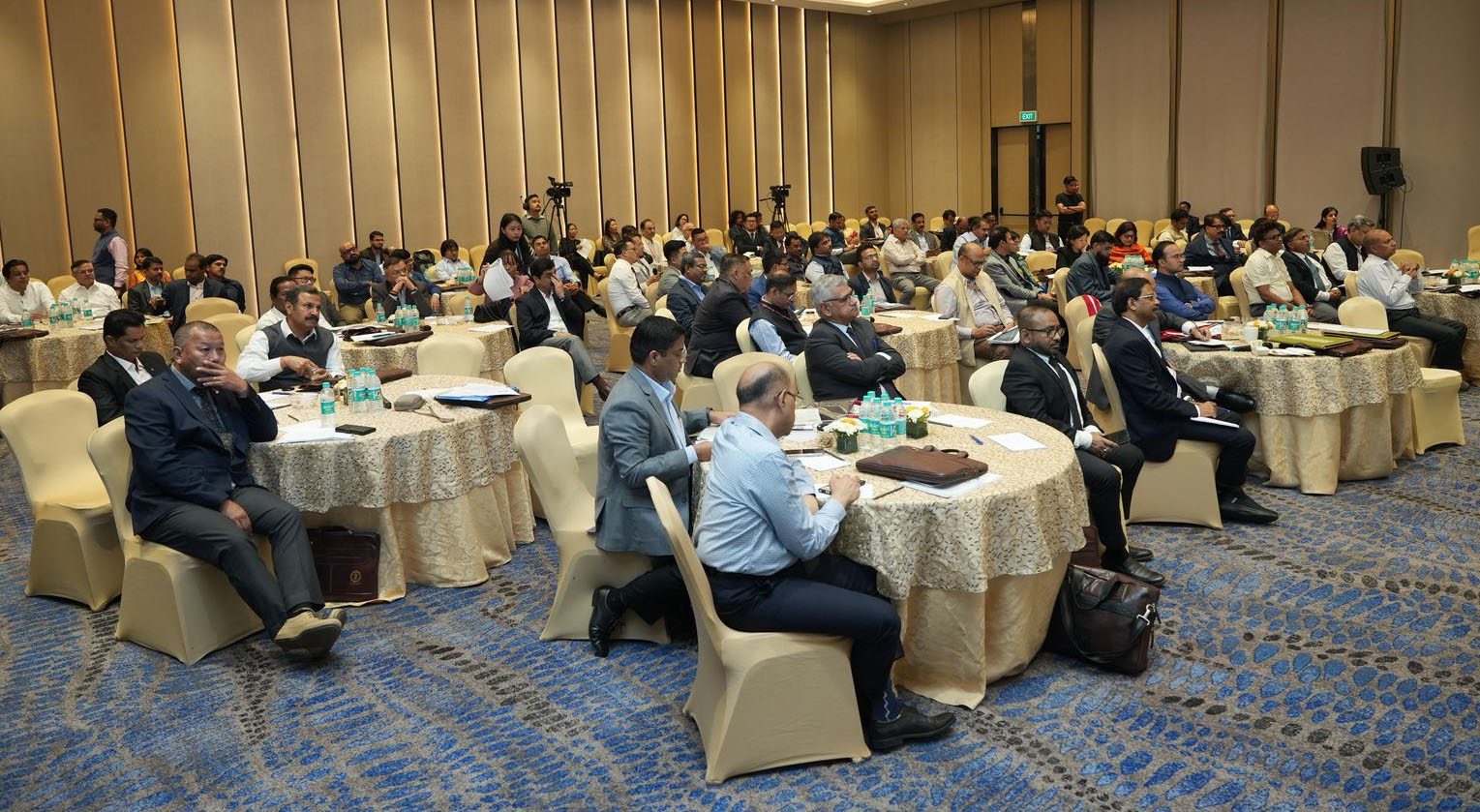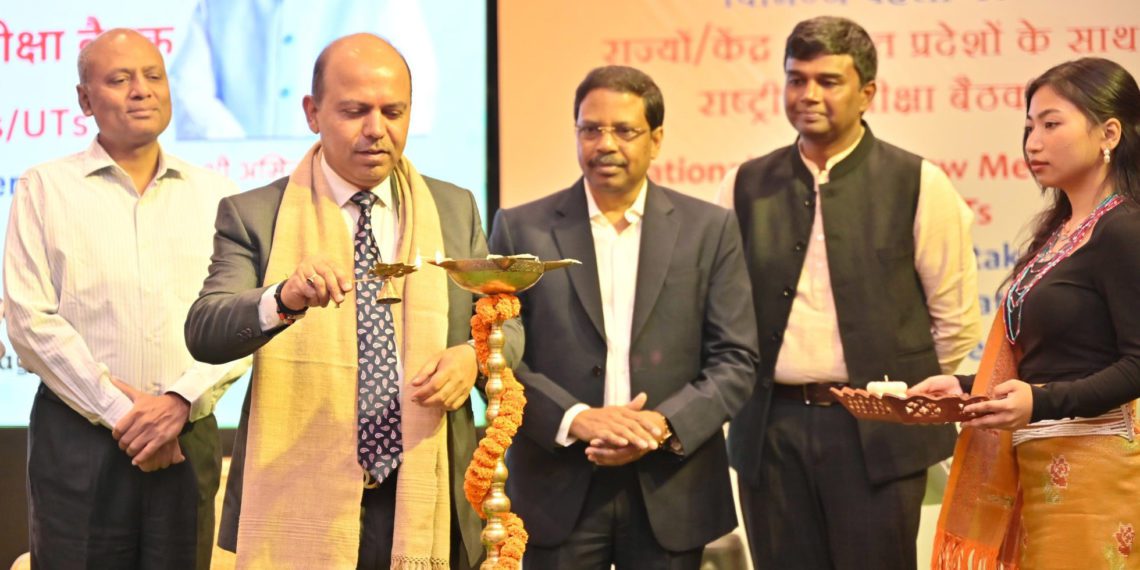At the National Level Review Meeting held on April 10–11, 2025, in Shillong, Ashish Kumar Bhutani, Secretary, Ministry of Cooperation, outlined key strategies to modernize and expand India’s cooperative sector. The forum gathered stakeholders from states, UTs, cooperative federations, and financial institutions to foster collaboration and review progress.
Bhutani emphasized the Centre’s commitment to “Sahakar Se Samriddhi” under the leadership of Prime Minister Narendra Modi and Union Home & Cooperation Minister Amit Shah. He highlighted the importance of integrating PAN numbers for all cooperative societies to better represent their contribution to the national GDP.
A major highlight was the announcement of White Revolution 2.0, focusing on dairy as a driver of rural empowerment, particularly for women and child nutrition. Partnerships with Amul and NDDB aim to strengthen dairy infrastructure in states like Assam, Jharkhand, and Uttar Pradesh. He noted that animal husbandry now offers greater economic returns than traditional farming.
The recent passage of the bill to establish India’s first Tribhuvan Sahkari University was called a landmark step to unify and enhance cooperative education across the country. The Director of IRMA, Anand, presented its strategic goals and institutional blueprint.
Participants also took part in the “Ek Ped Maa Ke Naam” tree plantation drive, celebrating the International Year of Cooperatives 2025.
Review sessions highlighted the contributions of national cooperative bodies like NCEL, NCOL, BBSSL, NCCF, and NAFED in fostering innovation and inclusivity. Delegates from Maharashtra, Gujarat, and Uttarakhand shared successful cooperative models and practices.
A key focus was on expanding banking access through micro-ATMs, providing zero-interest loans via RuPay Kisan Credit Cards, and strengthening Rural Cooperative Banks.
The push for time-bound creation of Multi-Purpose Agricultural Cooperative Societies (MPACS), and digital transformation of PACS and ARDBs, was underscored to enhance transparency and operational efficiency.
Workshops addressed benchmarking cooperative societies, developing a Business Reform Action Plan, and assessing the impact of NCDC schemes. The overall meeting reaffirmed the Centre’s long-term vision to create a resilient, inclusive, and modern cooperative ecosystem.














































